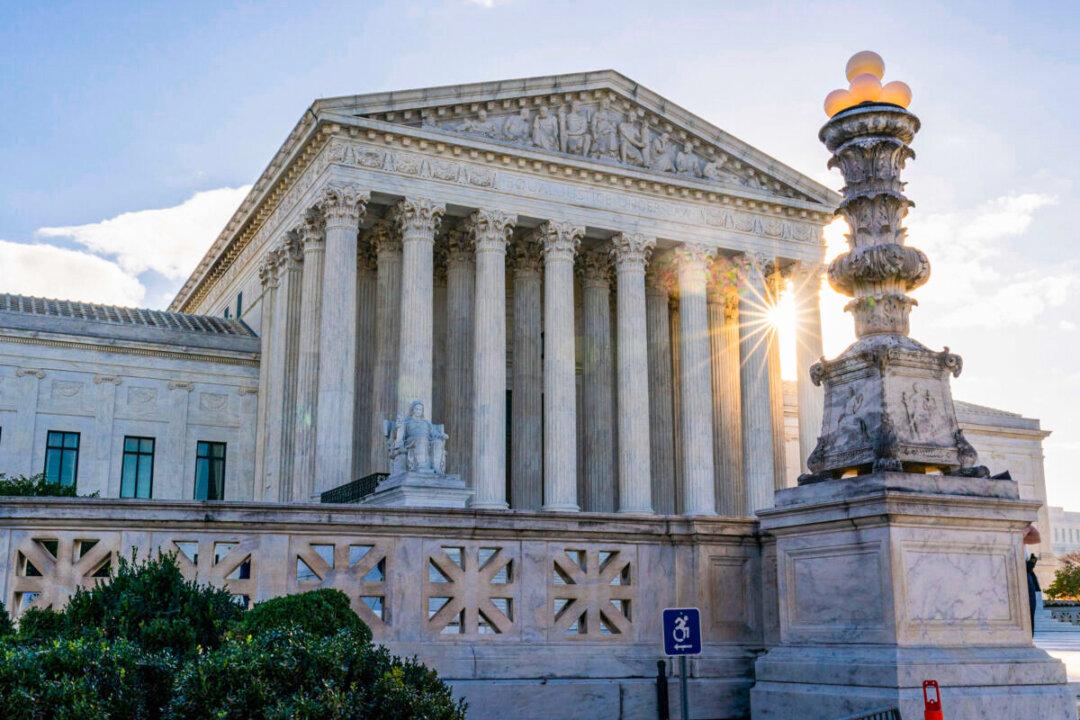A Chinese manufacturer should not be allowed to use the U.S. legal system to compel production of evidence in a private arbitration taking place overseas, the Supreme Court heard March 23 in a case fast-tracked from a federal appeals court.
The Supreme Court’s decision in the case may help to determine the reach of the complex civil discovery process available in U.S. courts.





